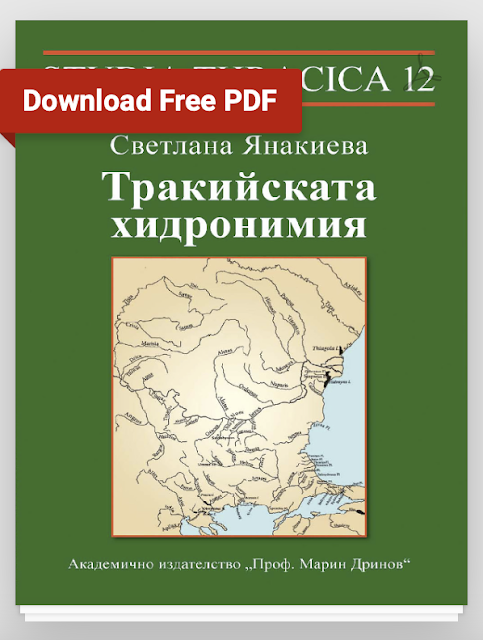 |
| Athamanians-Athamanes-Atamanlar-Athamanyalilar-Greek or Barbarian Tribe? |
Aslında barbar olan Atamanlar veya Atamanyalılar, niyeyse sonradan has Antik Grek boyu olarak kabul edilmişlerdir.
3100 yıl önce 'İstilacı Dorlar, azılı savaşçılar olan Atamanyalıları yenemezler.' (bakınız görselde 1100 BC)
Bu bilgi şöyle kenarda dursun, ilerde lazım olur!
*
Ben bu insanları Türkçe ‘ataman’la buluştururum. Türk kişi adı ve/ya sanı olan bu sözcük, daha o tarihlerde Ata ve pekiştirme soneki -man (kocaman, saruman)’dan türemiş olabilir. Ataman, büyük ata demek olabilir veya ata- (atanan)’dan geliyor olabilir.
Gelecek çalışmalarda işe yarayabilir!
*
kaynak:
https://en.wikipedia.org/wiki/Athamanians
*
English
Wiki says:
"Although they were regarded as "barbarians" by Strabo and Hecataeus of Miletus, the Athamanians affirmed that they were Greeks and they were also seen as Greeks by Plato who stated “the descendants of Athamas are Greek, of course” (Οι έκγονοι του Αθάμαντος, Έλληνες γάρ).[1] In addition, modern scholarship considers the Athamanians to have been a Greek tribe."
why first barbarian then Greek? nobody knows...
3100 years ago 'The invading Dorians cannot defeat the fierce warriors Atamanians.' (see image 1100 BC)
*
I bring these people together with Turkish 'Ataman'. This word, which is a Turkish person name and / or nickname/title, was probably already used in those days. Ataman could be derived from ATA (Father) the suffix -man (like in Toraman (very big), Saruman (very yellowish). Ataman may mean great ancestor or may come from the verb ata- (assigned).
It may come in handy in future studies!
*
Uzunbacak Adem
source:
https://en.wikipedia.org/wiki/Athamanians
































